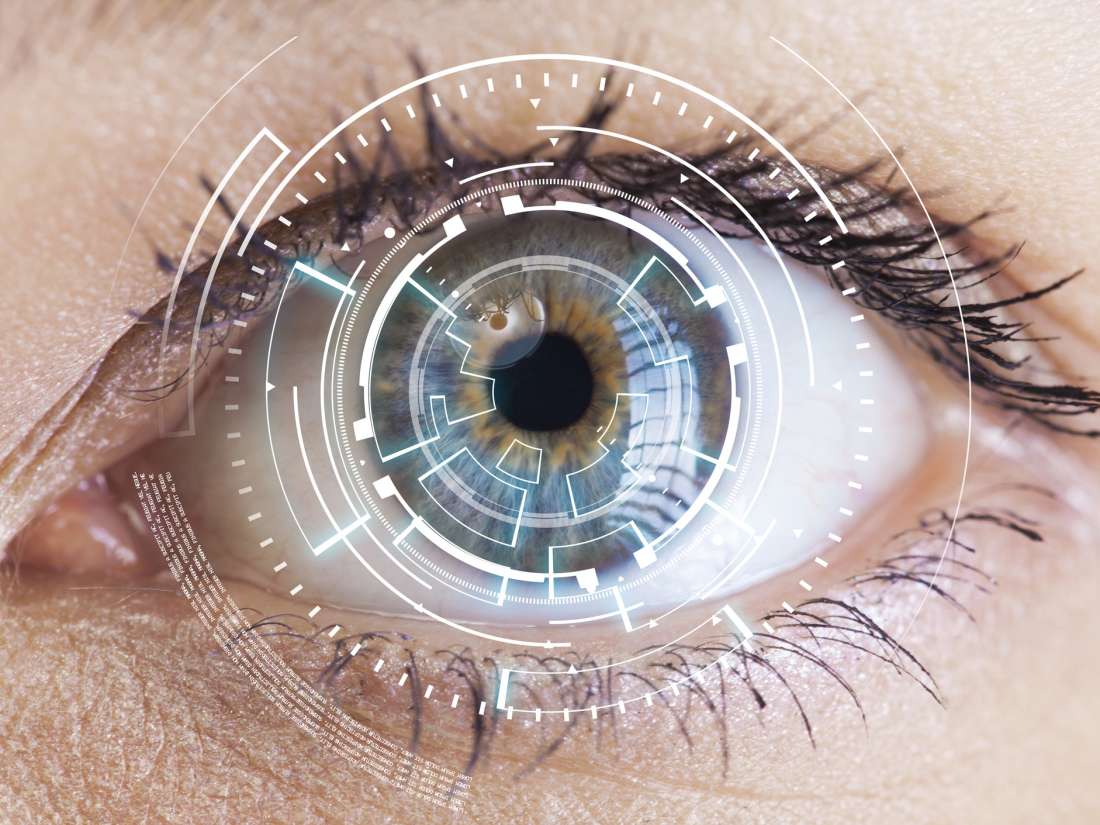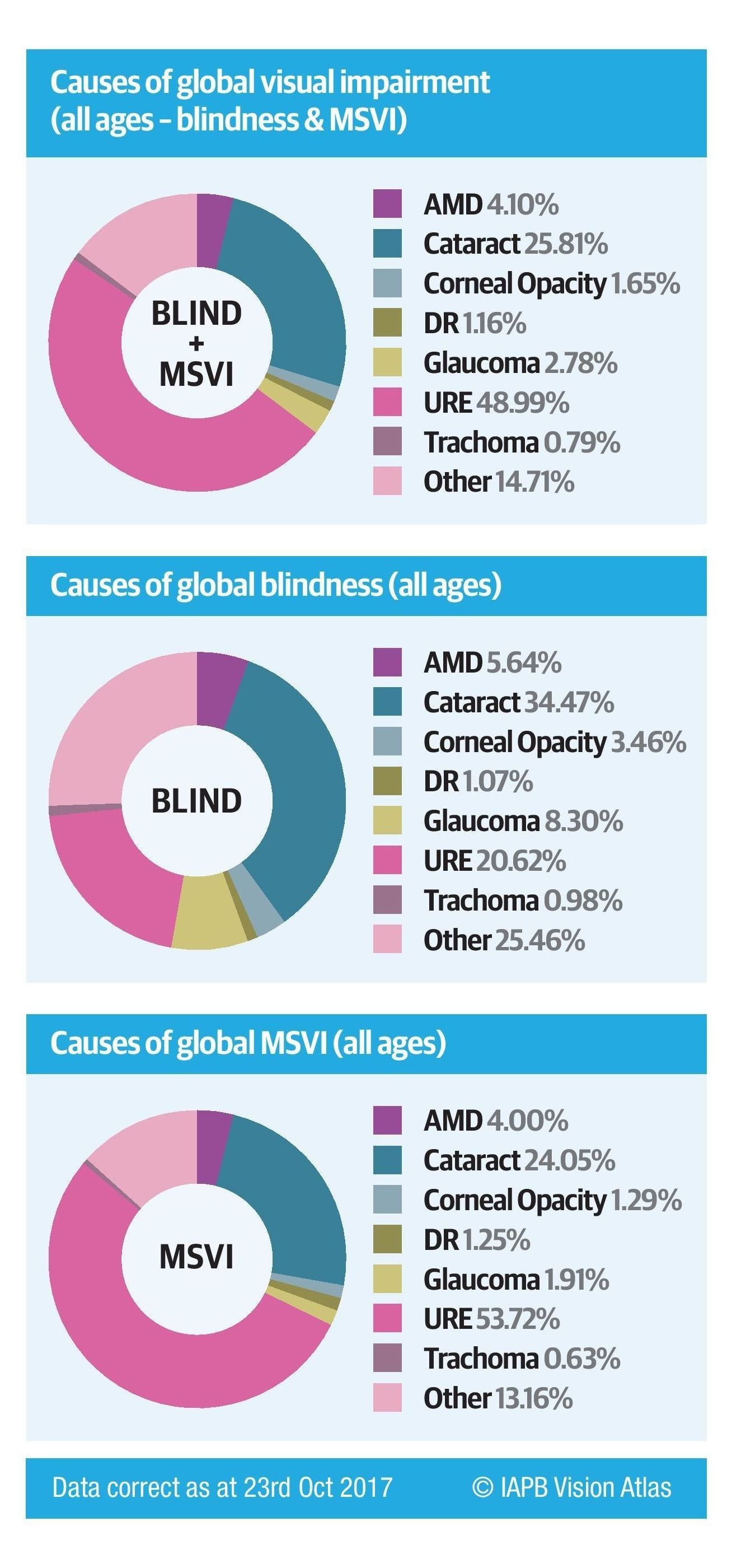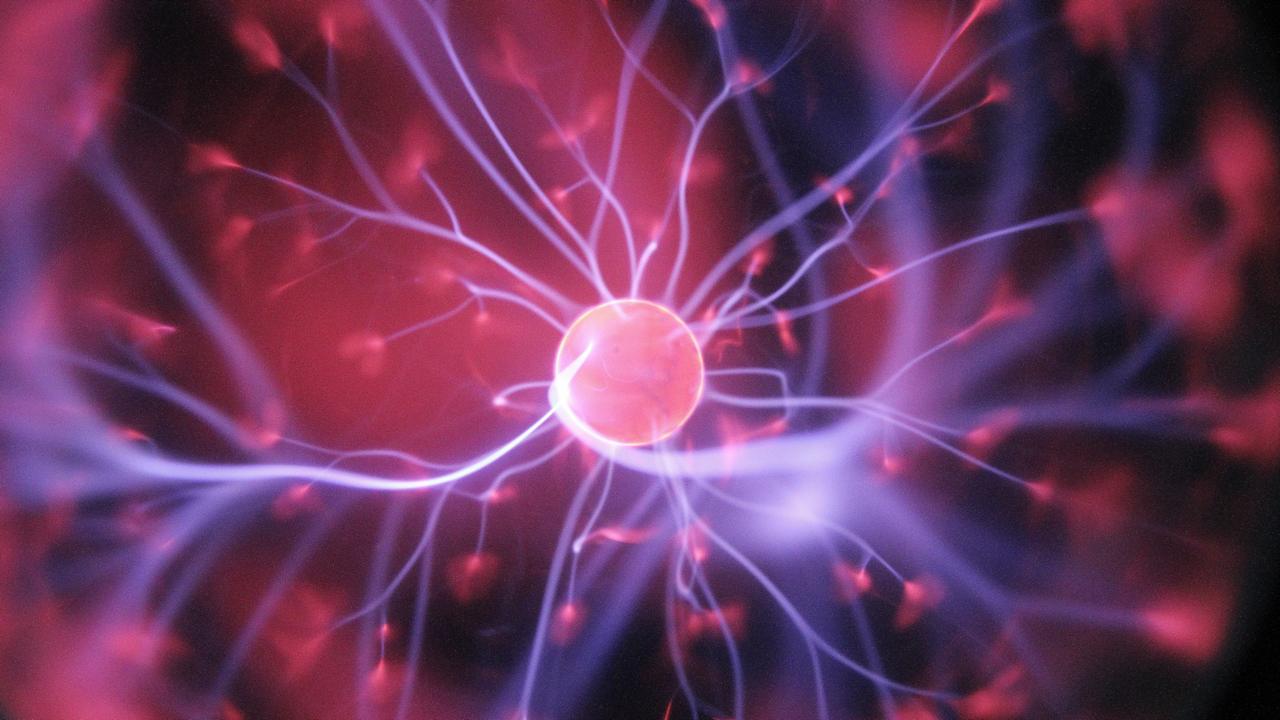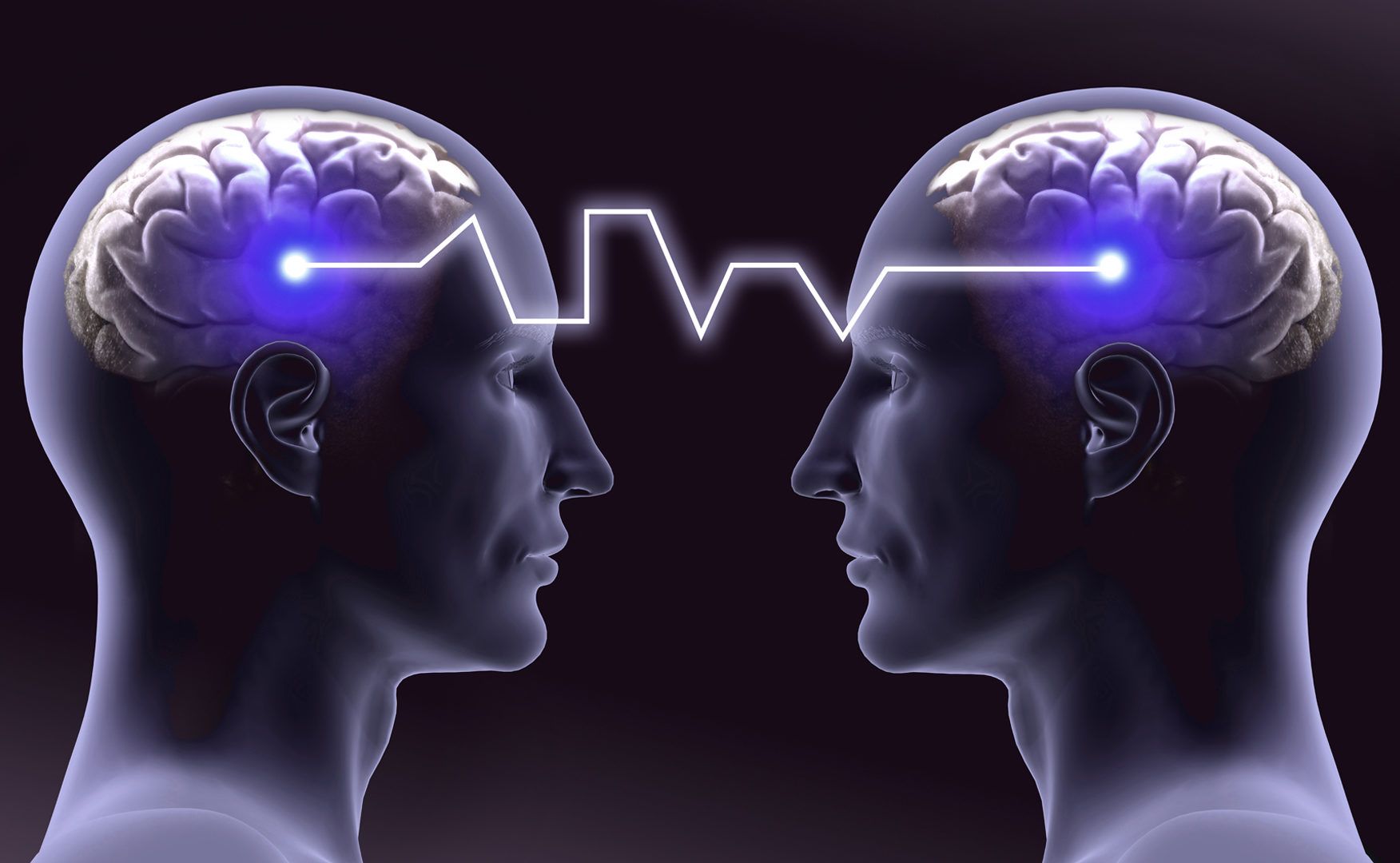It may soon be possible to diagnose Alzheimer’s in a matter of seconds using a noninvasive eye scanner that simply examines a person’s retina.




Imagine a digital avatar of ourselves living on after we die. They could help comfort our loved ones, and they could also preserve expertise and experience. There’s some benefits, but it’s still questionable if this is comforting, or just creepy.
A digital afterlife may soon be within reach, but it might not be for your benefit.
The reams of data we’re creating could soon make it possible to create digital avatars that live on after we die, aimed at comforting our loved ones or sharing our experience with future generations.
That may seem like a disappointing downgrade from the vision promised by the more optimistic futurists, where we upload our consciousness to the cloud and live forever in machines. But it might be a realistic possibility in the not-too-distant future—and the first steps have already been taken.


Protein RbAp48 works with osteocalcin to preserve memory in old age.
In a recent open-access study, scientists at Columbia University have demonstrated that a protein known as RbAp48 crucially interacts with osteocalcin to help preserve memory. The protein, which is present in mice as well as people, declines with age, contributing to age-related memory loss [1].
Abstract
Precisely deciphering the molecular mechanisms of age-related memory loss is crucial to create appropriate therapeutic interventions. We have previously shown that the histone-binding protein RbAp48/Rbbp4 is a molecular determinant of Age-Related Memory Loss. By exploring how this protein regulates the genomic landscape of the hippocampal circuit, we find that RbAp48 controls the expression of BDNF and GPR158 proteins, both critical components of osteocalcin (OCN) signaling in the mouse hippocampus. We show that inhibition of RbAp48 in the hippocampal formation inhibits OCN’s beneficial functions in cognition and causes deficits in discrimination memory. In turn, disruption of OCN/GPR158 signaling leads to the downregulation of RbAp48 protein, mimicking the discrimination memory deficits observed in the aged hippocampus. We also show that activation of the OCN/GPR158 pathway increases the expression of RbAp48 in the aged dentate gyrus and rescues age-related memory loss.

Neuroscientists know a lot about how our brains learn new things, but not much about how they choose what to focus on while they learn. Now, researchers have traced that ability to an unexpected place in the brain.
In order to learn about the world, an animal needs to do more than just pay attention to its surroundings. It also needs to learn which sights, sounds, and sensations in its environment are the most important and monitor how the importance of those details change over time. Yet how humans and other animals track those details has remained a mystery.
Scientists think they’ve figured out how animals sort through the details. A part of the brain called the paraventricular thalamus, or PVT, serves as a kind of gatekeeper, making sure that the brain identifies and tracks the most salient details of a situation. The findings appear in the journal Science.


For a remarkably social species, we’re not particularly effective communicators.
Finding the right words to clearly, efficient transmit our thoughts to another consciousness—even something as simple as driving directions—can be a challenge, especially in-the-moment and under pressure.
What if we could do away with words altogether? What if, rather than relying on an intermediary, we could directly transmit our thoughts through a digital, internet-like space into another mind?

